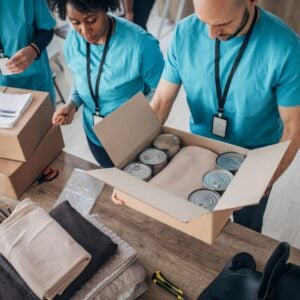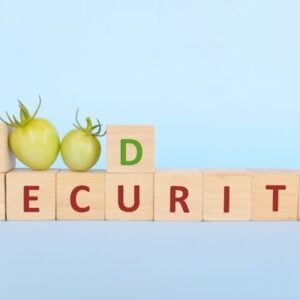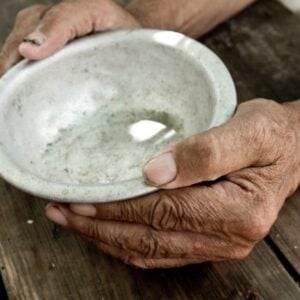The King Salman Humanitarian Aid and Relief Centre (KSrelief) and the United Nations Development Programme (UNDP) have initiated rehabilitation works at the Az-Zabdani bakery in Rural Damascus, Syria. This effort is part of the US$5 million Joint Implementation Programme for the Rehabilitation of Damaged Bakeries in Syria, funded by the Kingdom of Saudi Arabia through KSrelief. The project underscores both organizations’ commitment to sustainable recovery and reconstruction in the country.
The rehabilitation initiative will directly benefit approximately 1.4 million people across eight of Syria’s fourteen governorates, focusing on communities with high concentrations of internally displaced persons, returnees, and other vulnerable populations. Engineer Ahmed Saleh Al-Amro, Director of the Rehabilitation Department at KSrelief, highlighted that supporting bakery rehabilitation and food infrastructure recovery is an investment in Syria’s future, empowering local communities to achieve self-reliance and sustainability while strengthening food security.
The project targets the rehabilitation of 33 bakeries, increasing bread production capacity from 265 tons to 473 tons per day. The installation of two mobile bakeries and 13 modern production lines will enhance bread quality, improving consistency, hygiene, and nutritional value. The Az-Zabdani Bakery, which previously produced up to eight tons of bread daily for over 24,000 people in five villages, will expand to 12 tons per day with upgraded facilities and modern production lines.
Dr. Rawhi Afaghani, UNDP Deputy Resident Representative, emphasized that restoring this essential bread production lifeline not only secures a critical food commodity for families but also generates jobs and supports Syria’s recovery. Rehabilitation works, expected to take 14 months, will provide employment for 350 bakers to operate and maintain the upgraded bakeries, ensuring long-term functionality. Overall, this initiative represents a key step in strengthening food security, livelihoods, and community resilience across Syria.






